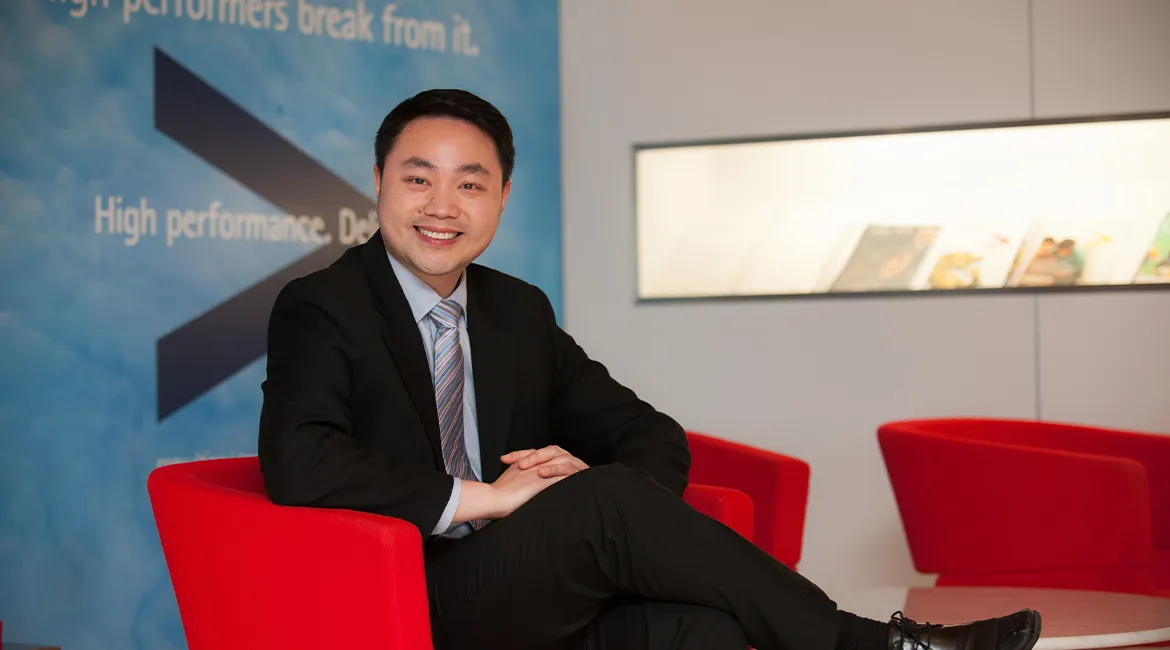Nurturing TQ starts with encouraging workers at all levels to learn about emerging technologies, how it’s applied, and why it matters.
Programmes such as the TechSkills Accelerator (TeSA) are an example of how the private sector is supporting overarching government efforts to help workers bridge existing gaps in tech capabilities. It enables professionals to acquire the relevant in-demand skills in light of Singapore’s growing digital economy.
4. What should companies in Singapore do to help their employees gain an edge in a future of work disrupted by AI?
The majority (97 per cent) of global executives1 believe generative AI will transform their enterprises and industries, playing a significant role in their strategies over the next three to five years. Our study2 of over 1,000 CEOs and Chief Human Resource Officers (CHROs) across 12 industries globally found that C-suites are prioritising the harnessing of data, technology and people, to accelerate transformation and growth. Indeed, there is no business strategy without a talent strategy, as this holds truer in a world that is disrupted by AI.
No matter the advances in automation and AI, companies will still require highly-skilled talent to meet their business goals. One way to achieve this is for leaders to emphasise the importance of fostering a sense of well-being, ensuring employees feel connected, with a culture supported by pillars of trust and sense of belonging. Such efforts go toward ensuring employees are “Net Better Off” working here.
For example, Accenture worked with a global client on a digital upskilling program that first identified strengths and gaps within the organisation. This was followed by conceptualising job-family-specific learning programs relevant to daily job functions via a contemporary learning management system. The next phase involved developing talent-management processes in a third-party cloud HR system to assess employees’ existing roles and ambitions. Decoupling performance was key to encouraging professional development and optimising the talent lifecycle through more accurate digitisation.
5. How does Accenture ensure its people have the relevant knowledge and skill sets to be well-versed in AI deployment?
People-centric approaches to generative AI adoption and innovation can also add US$4.5 trillion3 in additional economic value by 2038.
To date, Accenture has trained over 80 per cent of our global workforce in the fundamentals of AI, including equipping more than 250,000 people with new AI tools. Our investment in our AI Academy, focused on deep AI and generative AI specialisation, contributed to the doubling of advanced data and AI practitioners from 40,000 to 80,000 globally.
In Southeast Asia, we have implemented multi-stage training programmes – from broad-based TQ training to Masterclasses, aimed at helping our leaders shift their mindsets and equip them with skills to discuss the impact of generative AI on our clients.
Singapore implemented a distinctive "hire-to-train" strategy to rapidly onboard talented individuals with the necessary skills, especially in emerging fields such as artificial intelligence, cloud computing, and data analysis. This approach involves upskilling local polytechnic graduates to transform them into technology professionals equipped for the future.








